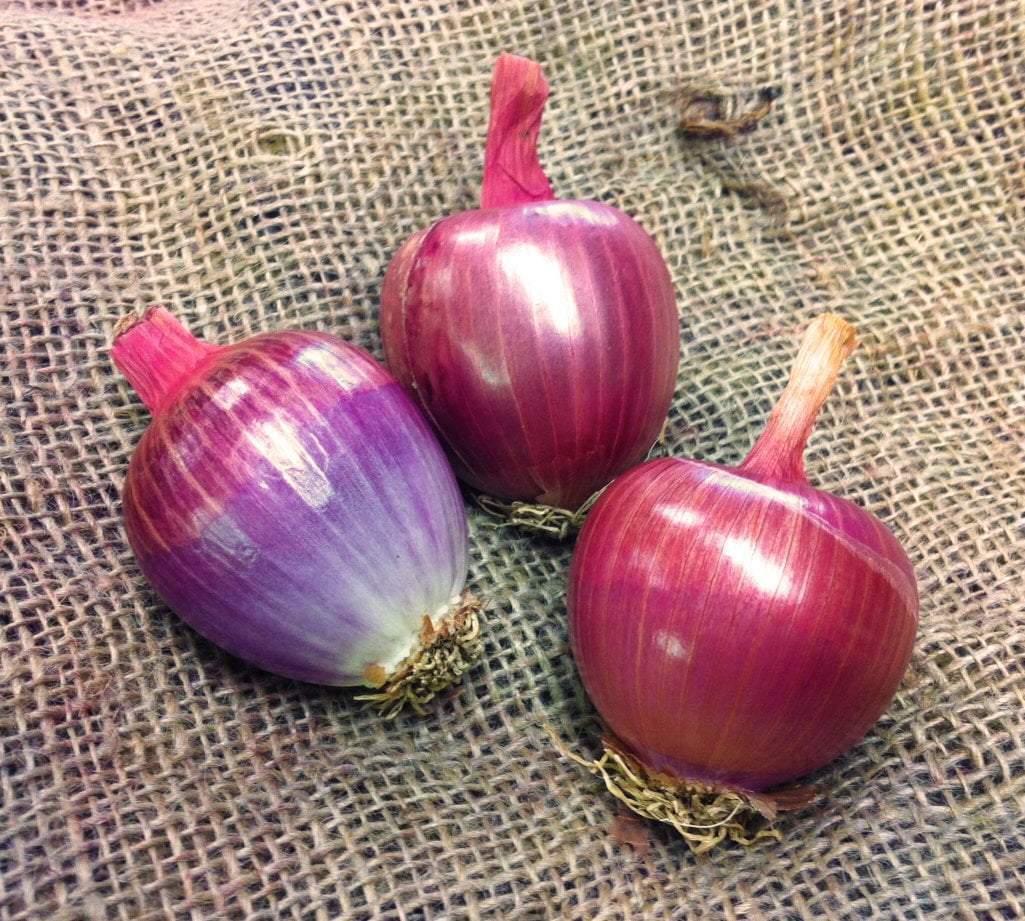Some plant types require a certain amount of sunlight to grow as we expect. Onions are a great example. You need to be conscious of your variety selection because they require a certain number of daylight hours to bulb.

For Southern growers:
Sow short-day onion seeds in late summer in rich soil with some light frost protection for overwintering to harvest onions in late spring, when 10-hour days promote bulbing.
Note: Planting long day varieties in the South means you will never get any bulb development because there is not enough light. However the greens are likely to be quite tasty!
For Northern growers:
Sow long-day onion seed in flats in early spring in rich soil. Transplant seedlings in late spring and harvest onions in summer, when 14-plus hour days promote bulbing. Onions require evenly moist, well-drained soils, with minimal weed competition.
Note: planting short day onions in the north is likely to result in early bulb development before the top growth is developed enough to sustain the bulb, resulting in smaller bulbs.
Intermediate Day Onions
Having a round Earth means that short day and long day are two ends of a spectrum. In the middle states, we are often borderline as to which onion type will work best for us. Intermediate day varieties can work well for locations in the middle of the daylength spectrum. In the North Carolina mountains, short day varieties work well with an early spring planting because we often have a cool transition into summer and longer daylight hours.
Onion Transplants
If you feel as though you’ve missed the window for starting onions from seed then you can always pre-order onion transplants, which skips the seed starting stage!

| |
Article Written by: Angie Lavezzo |
|
About the Author: Angie Lavezzo is the former general manager of Sow True Seed. Beyond her professional role at Sow True, Angie's passion for gardening extends into personal hands-on experience, fostering plants and reaping bountiful harvests. |


